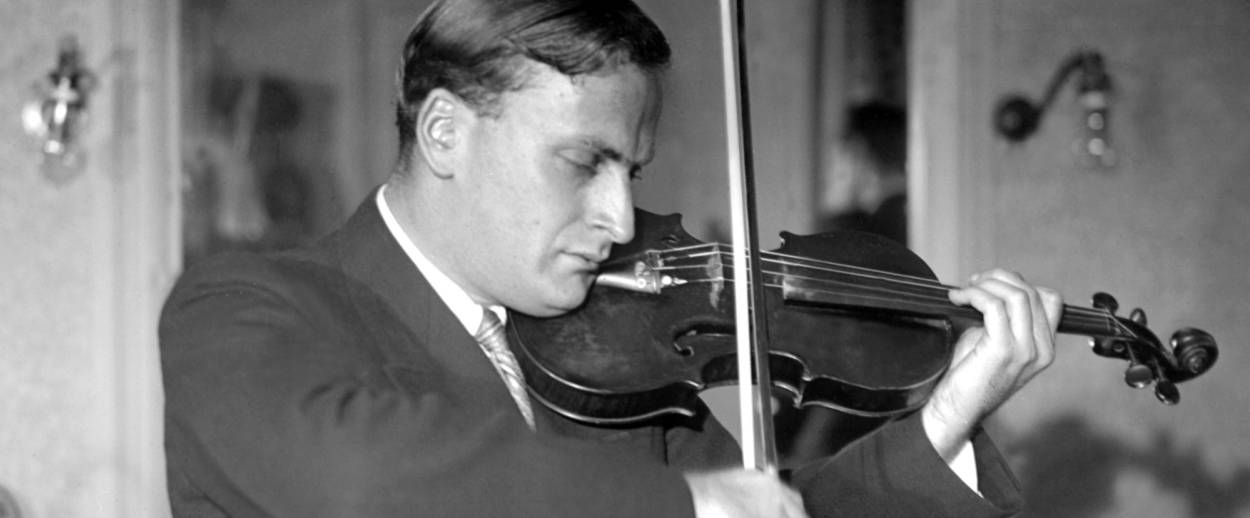Museum Aims to Digitize Jewish Music Archive
Tel Aviv’s Beit Hatfutsot-Museum of the Jewish People has launched an ambitious crowdfunding campaign to bring its Jewish music collection into the digital age




From Ladino, to Hebrew, Yemenite Arabic, Yiddish, Polish, and German—and from North Africa, to New York City, South America, the Caribbean, and Eastern Europe—Jewish music spans an incredible range of diaspora languages, cultures, communities, and eras. Now, a new initiative from Beit Haftutsot, the Museum of the Jewish People in Tel Aviv, aims to bring this incredible diversity of Jewish music into the digital era.
The Jewish Music Project, launched by Beit Haftutsot’s Feher Jewish Music Center, hopes to catalogue, digitize, and tag the approximately 25,000 pieces of music in the museum’s collection, much of it stored on vinyl or cassettes. Toward that end, it has launched a crowdfunding campaign with the goal of raising $250,000 over the next months to “transfer its sounds online, where it can be safely stored for generation,” JTA recently reported. Donors to the campaign can receive anything from the museum’s entire mp3 collection ($10) to a physical box set of music ($360+).
Since the museum’s founding 1978, the Feher Center has released a number of albums from its archives:
There is the “Love of Hadassah” album, in which a group of Yemenite Jews were brought into Beit Hatfutsot to record the traditional hymns of the Jewish community which once flourished in that now war-torn nation. There is Rabbi David Buzaglo’s album of Andalusian music, better known as the musical tradition of the Jews of Morocco. There is the rare double CD that contains inside it a recording, made in 1928 Berlin, of a Reform Jewish community singing its Shabbat and High Holidays prayers.
But the vast majority of its collection remains unheard and unknown to much of the public. Eventually, too, said Nurit Gazit, the museum’s chief digital officer, once the digitization project is complete, the museums plans to enable Jews from around the world to share their own recordings with the archive, effectively becoming a part of it.
“This part is so important,” said Gazit. “If your grandfather is the last one from his community who can still sing the specific song from his community, we definitely want you to be able to upload it and add it to the library to enrich the database. We want this project to be alive and to grow, and we are certain people are going to provide treasures.”
Rose Kaplan is an intern at Tablet.